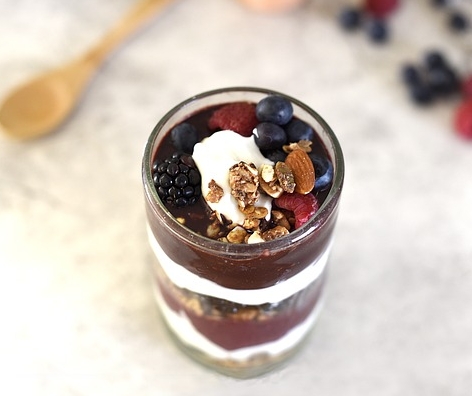Meatballs - So Good, In So Many Ways
/So many recipes come from the internet these days. It makes it super easy to share ideas. Natasha and I will share links to recipes for meals that we enjoyed. Each meal will contain a protein, fat, carbohydrate and fiber. If you have your own to share, send them to us and Natasha and I will try them and share them in future posts. Or share them in a comment below!
Although I would not say that I’m a paleo eater, I tend to follow paleo food bloggers because they use real whole foods, they’re practical, and often really delicious. Mel Joulwan has introduced the yumminess of meatballs into my cooking. I cook up one of her double batches and have delicious protein for the week. Here is a link on all the benefits of incorporating meat balls into your menu plan.
While I am making the meatballs, I cook up some brown or white rice and bake a butternut squash that make up some of my carbohydrates for the week.
For my green veggie, I’ve taken to making a kale salad which become more delicious each day in the refrigerator.
Trader Joe’s dried cherries mixed with cashews is my current snack idea.











